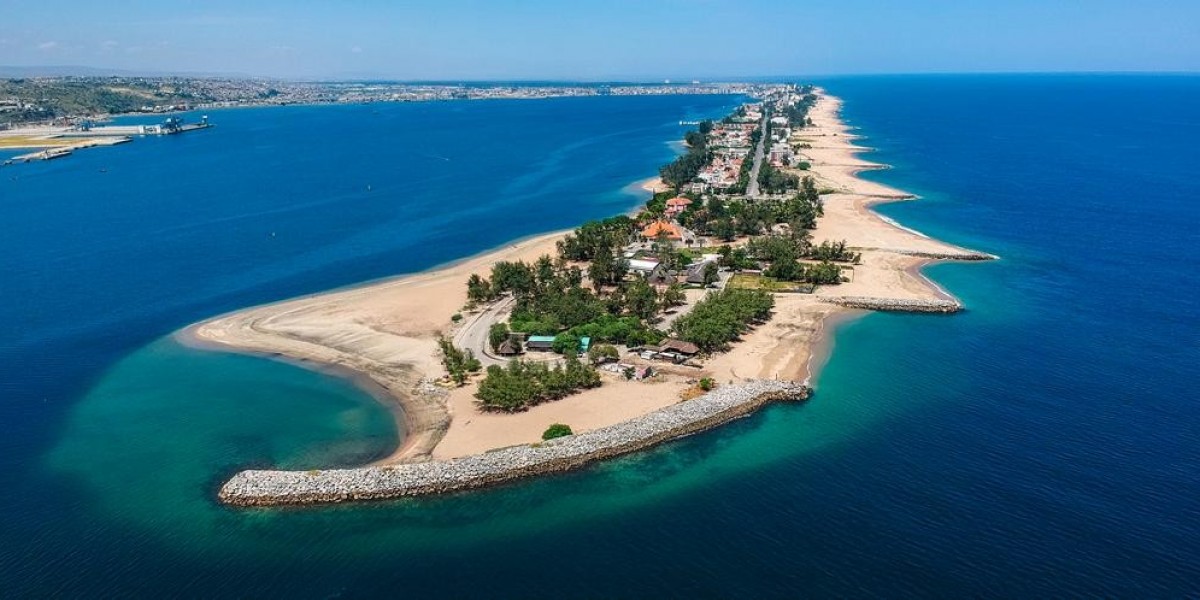Visiting Angola offers travelers a unique opportunity to explore a country rich in cultural heritage and natural beauty. However, before embarking on this journey, it's essential to navigate the intricacies of the visa application process. Beyond the bureaucratic requirements lies a deeper understanding of Angola's cultural nuances, which can significantly influence the success of your visa application and enhance your overall travel experience.
Understanding the Angola Visa Requirements
Before diving into the application process, it's crucial to understand the various types of visas available for Angola travel visa. Whether you're a tourist, business traveler, or student, there are specific visa categories tailored to your needs. Additionally, familiarize yourself with the necessary documents and eligibility criteria to ensure a smooth application process.
Navigating the Application Process
Applying for an Angola visa can be daunting, especially for first-time travelers. To alleviate any concerns, follow a step-by-step guide outlining the application process. From filling out forms to scheduling appointments and submitting required documents, staying organized is key to success. Be mindful of common pitfalls, such as incomplete paperwork or inaccurate information, which could delay or jeopardize your application.
Cultural Sensitivity in Visa Applications
Beyond meeting the technical requirements, demonstrating cultural sensitivity can significantly impact your visa application's outcome. Angola, like many countries, values respect and courtesy in all interactions. Take the time to learn about Angolan customs and traditions, and incorporate cultural insights into your communication with embassy officials. This personal touch can leave a positive impression and facilitate a smoother application process.
Overcoming Language Barriers
Angola boasts a diverse linguistic landscape, with Portuguese being the official language alongside several indigenous languages. While English is spoken in urban centers, it's beneficial to learn basic Portuguese phrases to navigate everyday interactions. Utilize language assistance tools and resources to bridge any communication gaps, showing your commitment to embracing Angola's cultural diversity.
Embracing Angola's Cultural Heritage
Beyond the visa application process, immerse yourself in Angola's rich cultural heritage. Explore traditional music, dance, and cuisine, and engage with locals to gain a deeper appreciation for the country's vibrant culture. By embracing Angola's customs and traditions, you'll not only enhance your travel experience but also foster meaningful connections with the local community.
Maximizing Your Stay in Angola
Once you've obtained your visa, make the most of your time in Angola by exploring its diverse attractions. From the stunning landscapes of the Namib Desert to the vibrant capital city of Luanda, there's something for every traveler to enjoy. Seek out authentic cultural experiences, such as visiting local markets or attending traditional festivals, to truly immerse yourself in Angolan culture.
Conclusion
In conclusion, navigating Angola's visa application process goes beyond fulfilling bureaucratic requirements—it's about embracing the country's cultural nuances. By understanding and respecting Angolan customs, communicating effectively, and immersing yourself in the local culture, you'll not only enhance your visa experience but also enrich your overall travel adventure.
FAQs
- What types of visas are available for travel to Angola?
- Angola offers various visas for tourists, business travelers, students, and more. Each visa type has specific requirements and eligibility criteria.
- How can I improve my chances of a successful visa application?
- Pay attention to detail, submit all required documents accurately, and demonstrate cultural sensitivity in your interactions with embassy officials.
- Do I need to speak Portuguese to visit Angola?
- While English is spoken in urban areas, knowing basic Portuguese phrases can be beneficial for navigating everyday interactions.
- What cultural experiences can I expect in Angola?
- Angola boasts a rich cultural heritage, including traditional music, dance, cuisine, and festivals. Engaging with locals and exploring cultural sites are excellent ways to immerse yourself in Angolan culture.
- Are there any specific customs or traditions I should be aware of when visiting Angola?
- Respecting elders, greeting others with a handshake or kiss on the cheek, and dressing modestly are some cultural norms to keep in mind during your visit to Angola.








